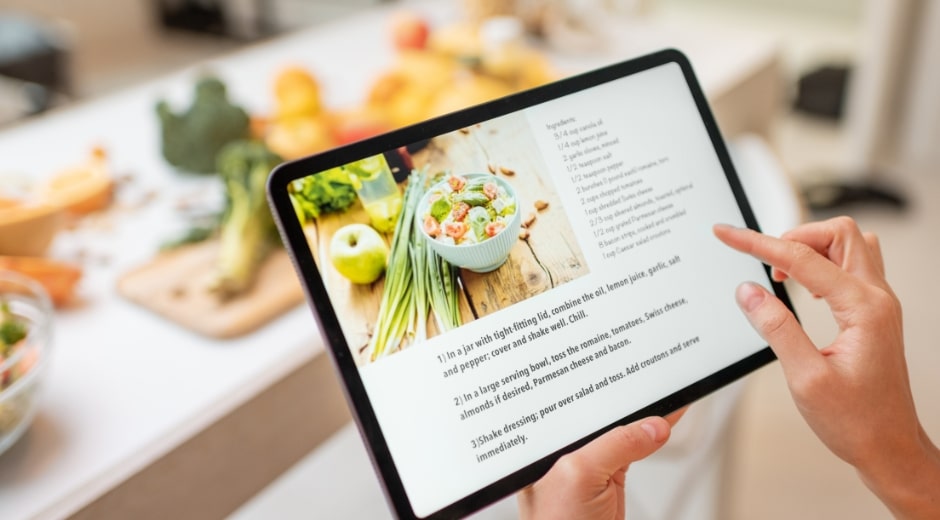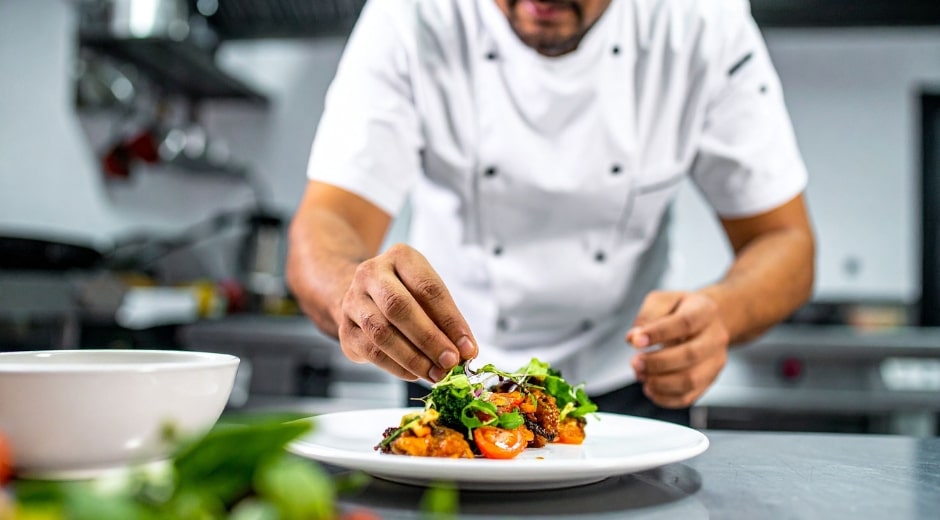Student Life Hack: 7 Easy Cooking Tips to Save Time and Money
Student Life Hack: 7 Easy Cooking Tips to Save Time and Money
Student life is busy, stressful, and often expensive. Between classes, homework, and social commitments, cooking can feel like a chore. But eating well doesn’t have to be complicated or costly. With a few clever strategies, students can enjoy nutritious, delicious meals without spending hours in the kitchen or breaking the bank. Here are seven easy cooking tips every student should know.
1. Plan Quick and Simple Meals
Planning is the foundation of successful student cooking. Take 10 minutes on the weekend to decide what you’ll eat for the week. Choose recipes with 3–5 ingredients and overlapping items to reduce waste. For example, bell peppers used in a stir-fry one day can be added to an omelet the next. Planning saves money, cuts stress, and keeps meals balanced.
2. Stock Up on Affordable Staples
Every student kitchen should have a few essentials:
Rice, pasta, or couscous
Canned beans or lentils
Frozen vegetables
Eggs
Basic spices like salt, pepper, and garlic powder
These staples allow students to create countless meals quickly. A simple pasta with canned tomatoes, frozen spinach, and garlic can be ready in just 15 minutes.
3. Master One-Pan Recipes
One-pan meals are perfect for students with limited time and kitchen space. Examples include:
Stir-fried rice with eggs and vegetables
One-pan pasta with tomatoes, spinach, and cheese
Sheet-pan roasted chicken with potatoes and carrots
These meals minimize cleanup, save energy, and are easy to portion for 1–2 servings.
4. Cook in Batches
Batch cooking is a lifesaver for busy student schedules. Prepare a large pot of chili, soup, or curry and freeze single portions. That way, students have ready-made meals during exam weeks or late nights. For example:
Lentil soup cooked in one batch can provide four meals for one student.
Roasted vegetables can be added to sandwiches, wraps, or salads throughout the week.
5. Use Affordable Protein Sources
Protein doesn’t need to be expensive. Students can rely on:
Eggs: versatile and inexpensive
Canned tuna or salmon
Beans, chickpeas, or lentils
Tofu or tempeh
A quick example: scramble eggs with beans, cheese, and frozen vegetables for a nutritious 10-minute meal that keeps students full and energized.
6. Embrace Frozen and Canned Foods
Frozen vegetables, fruits, and seafood are often cheaper than fresh and just as nutritious. Canned items like tomatoes, beans, and tuna last for months and save trips to the store. Students can make healthy, fast meals like:
Frozen spinach in a smoothie
Canned chickpeas in a salad
Frozen stir-fry vegetables with rice and egg
7. Keep It Fun and Flexible
Student cooking should be stress-free and enjoyable. Swap ingredients based on what’s available or affordable, experiment with different cuisines, and focus on flavor. Trying small tweaks like adding spices or citrus can elevate even simple dishes. Flexibility makes student meals exciting and encourages consistent home cooking.
Quick Student-Friendly Recipes
1. 10-Minute Veggie Stir-Fry (Serves 1–2)
Ingredients: 1 cup frozen mixed vegetables, 1 egg, 1 tsp soy sauce, 1 tsp oil
Steps: Heat oil, sauté veggies 3 minutes, scramble egg, mix, drizzle soy sauce
2. Easy Bean Salad (Serves 1–2)
Ingredients: 1 can chickpeas, 1 chopped tomato, 1 tbsp olive oil, 1 tsp lemon juice, salt, pepper
Steps: Mix everything in a bowl and serve
3. Microwave Mug Omelet (Serves 1)
Ingredients: 2 eggs, diced bell pepper, pinch of salt, cheese
Steps: Mix in a mug, microwave 90 seconds, enjoy
For more student-focused tips on time management and productivity, check out Studyskillup. They provide smart strategies that complement healthy eating habits for students.
If you want easy kitchen hacks and ingredient-saving tricks, Fixolix offers practical advice for students on a budget.
Conclusion
Cooking as a student doesn’t have to be overwhelming. With planning, smart shopping, and flexible approaches, students can save time, money, and stress while enjoying delicious meals. Batch cooking, one-pan recipes, and affordable proteins make a huge difference in daily life.
To continue improving your student kitchen skills, explore our guide “5 Quick Meals Every Student Should Master” for more easy, budget-friendly recipes that make dorm cooking enjoyable.
Best cooking Tips

Simple Ingredient Meals With Big Flavor
Simple Ingredient Meals With Big Flavor

Hearty Home Meals That Feel Comforting And Filling
Hearty Home Meals That Feel Comforting And Filling

Everyday Food Ideas For Consistent Inspiration
Everyday Food Ideas For Consistent Inspiration

Casual Home Dining Ideas For Relaxed Meals
Casual Home Dining Ideas For Relaxed Meals













